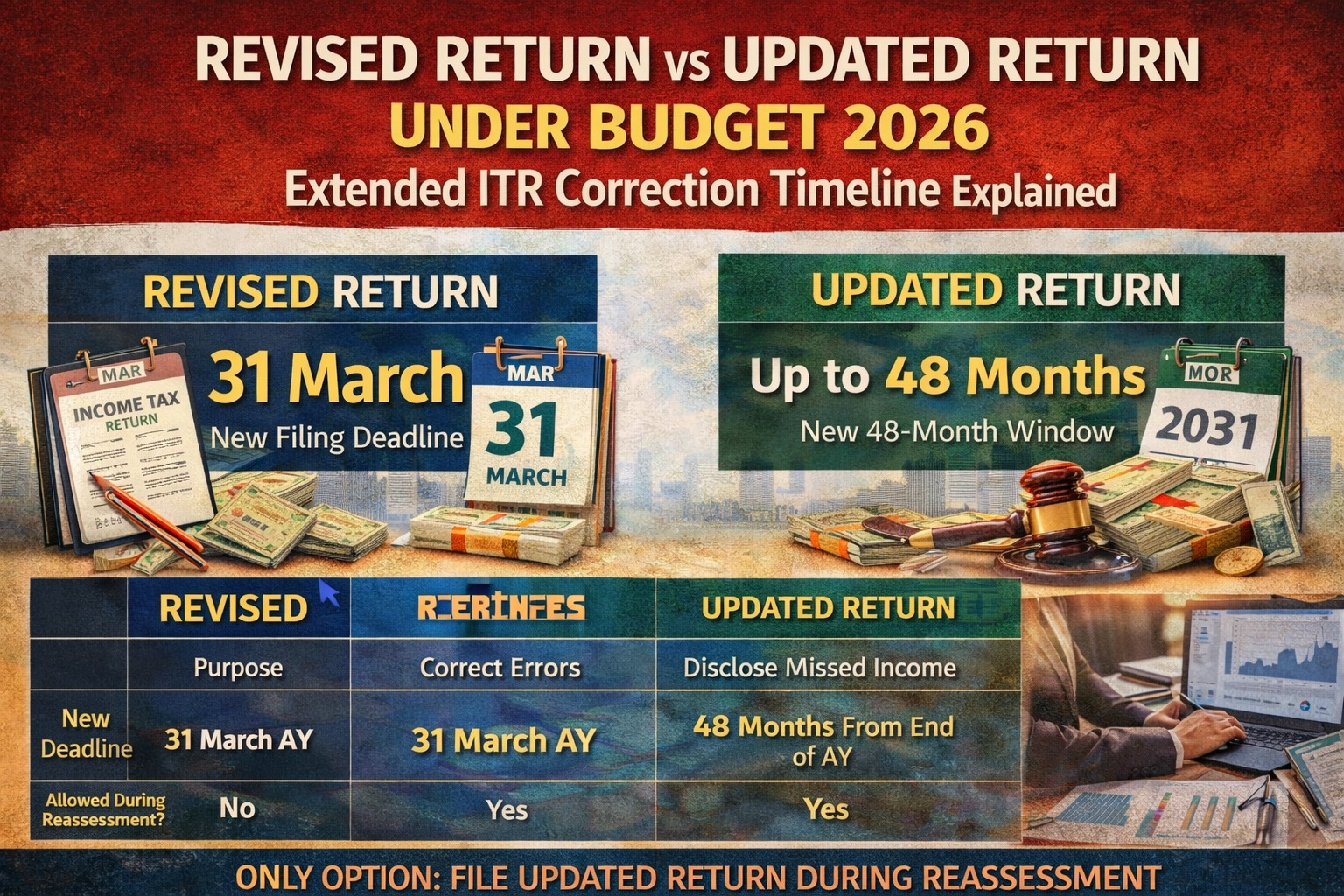 WhatsApp
WhatsApp
 Call Us
Call Us
 Email Us
Email Us
 Whatsapp Community
Whatsapp Community

Succession planning in cooperative societies is a crucial aspect that often involves legal intricacies and rights of nominees. Supreme Court judgments, particularly in the context of West Bengal and Maharashtra, shed light on the entitlements of nominees to property and the obligations of cooperative societies. This blog aims to dissect these legal nuances, focusing on the implications for nominees and cooperative societies under different state laws.
In a landmark case, the Supreme Court ruled that nominees of deceased members of cooperative societies in West Bengal are entitled to ownership transfer without the necessity of legal heirship, court orders, or succession certificates. According to Section 79 and Rule 127 of the West Bengal Cooperative Societies Act 1983, if a member has nominated a relative who is recorded as a nominee, the property must be transferred solely to the nominee. This judgment, exemplified by the case of Indrani Wahi versus Registrar of Cooperative Societies and Others, reinforces the nominee's rights, even against potential succession or inheritance disputes.
Similarly, under Section 30 of the Maharashtra Cooperative Societies Act 1960 and Rule 25 of the Maharashtra Cooperative Societies Rules 1961, the Supreme Court's ruling extends to cooperative societies in Maharashtra. Here, the nominee need not necessarily be a family member, and the society has no authority to demand a no-objection certificate from legal heirs. However, unlike West Bengal, where the nominee becomes a part or full owner of the property, in Maharashtra, the nominee acts merely as a caretaker, obliged to transfer the property to the rightful legal heir of the deceased.
Cooperative societies play a crucial role in facilitating property transfers and honoring the rights of nominees. As mandated by respective state laws, societies are bound to transfer the deceased member's share or interest to the nominated person without unnecessary encumbrances. The judgment underscores the importance of adhering to legal provisions, ensuring seamless transitions of property ownership.
Succession planning in cooperative societies involves intricate legal frameworks, often clarified through judicial pronouncements. The Supreme Court's rulings in cases pertaining to West Bengal and Maharashtra highlight the primacy of nominee rights and the obligations of cooperative societies. Whether in West Bengal or Maharashtra, nominees are entitled to property ownership transfers, albeit with slight variations in legal nuances. Cooperative societies must navigate these legal landscapes diligently, ensuring the smooth transfer of property while upholding the rights of nominees.







Stay in the loop, subscribe to our newsletter and unlock a world of exclusive updates, insights, and offers delivered straight to your inbox.